Grievance is a Language we’ve all been learning to speak.
What we call “humble-brag” is actually “grievance-brag.”
When someone posts online, “I HATE it when a famous DJ shows up to my party and it lasts til 6am!” they are not rephrasing their brag to make it sound “humble” — they are rephrasing it to sound like a complaint. If commenters reply that what happened is positive and great, the original poster will reply “easy to say when you got SLEEP last night!” Or “if you think it’s so awesome come over here and help me clean up!” Everything is said in grievance, as though the OP is too jaded to see that they’ve had a wonderful experience. But in truth, the OP just wants to brag about it to score social points without seeming too happy in a place where happy means vulnerable, and grievance means shares.
Every utterance cast into the social media sea is a baited line seeking social approval. The fish you wish to catch are those who admire and support you. Humans support other humans when those humans are stressed, and admire other humans who are lucky or accomplished. But our admiration comes tinged with jealousy — so we’re better at admiring people we can pity a little. The lonely superstar. The stressed-out super-mom. The super-hip super-free globe-traveling Awesome City dweller who (aw shucks) can’t seem to find Love. The brilliant author who struggles with addiction.
Years now into the global social media experiment, the advantage of the grievance-brag has been algorithmically amplified into a near-necessity, if you want what you post to get noticed. And so everyone seems to have perfected the art of the grievance.
But have they?
If grievance-speak is an art to be perfected, that’s one thing; if it’s a sign of a mind infected, that’s another. If the only type of speech we’re likely to read, and the only type of speech we’re likely to be rewarded for, comes in the form of complaint, that might change more than how we talk; that might change how we think. We might come to believe that the only thoughts worth having are in the shape of grievance — and its opposite, gratitude. But a conversation made up of grievance and gratitude is a narrow and — more importantly — very judgey place.
Where everything is condemnation or praise, everything is a devil or an angel — something to “cancel” or something to “stan” — pain or pleasure, gut-punch or gift. Instead of nuance or acceptance or understanding or truth, our conversations refine and reinforce ideologies.
It feels very much like we are living at war.
But in the fog of war it’s hard to know who pulled the trigger on any particular bullet. And the bullets these days take the form of cultivated and inflicted social ills: I remember reading in the 90s, as the Cold War seemed to end, about social problems overtaking the former Soviet Union, like suicide and alcoholism and a plummeting birthrate, as individuals decided the future was too uncertain-bleak to imagine sending a child into it.
Some of the children born at that time are now pouring across the Russian borders into Georgia, Finland, or Kazakhstan to avoid conscription into a battle to steal Ukraine, while metric tons of natural gas erupt from under the Baltic Sea, and Kremlin-watchers declare it “unimaginable” that Putin would do anything but escalate, calling a nuclear detonation “almost unavoidable.”
Things only get better if we make them better.
I don’t think we’re necessarily fated for a bad end, but I do think we’d all better get in gear and start making things better. Each of us has a tiny sphere of influence in which we can cultivate the combat-killing powers of reason, empathy, and collaborative problem-solving, and the kind of compromise in which everyone wins.
Everyone can help someone see the world from a different point of view. All of us can take the time to contemplate walking in someone else’s shoes.
The way we talk to each other matters. The “information ecosystem” that we swim in matters. If our eyes are wading in a toxic cesspool of grievance and gratitude, of tribalism, and pwns and burns, our minds get trained into a habit of absolutism, and it’s so easy to slip passively into the battle lines as they form.
This isn’t the first time humanity has faced the abyss. We are the survivor’s children; we are the descendents of those who by luck or guile survived against impossible odds.
You can’t end a war by fighting it. You can only extend a war by fighting. Ending a war requires something else: a gesture, an agreement, a conversation.
Most of us are People Reluctant to Kill for an Abstraction — and we far outnumber the makers of war. Let us feel and better understand our power, and assert it in this world.

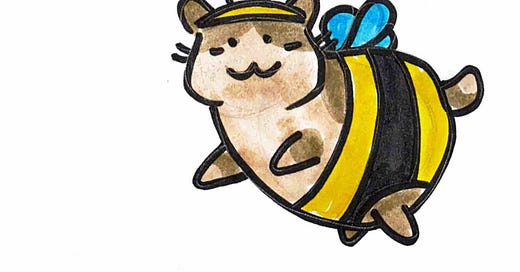



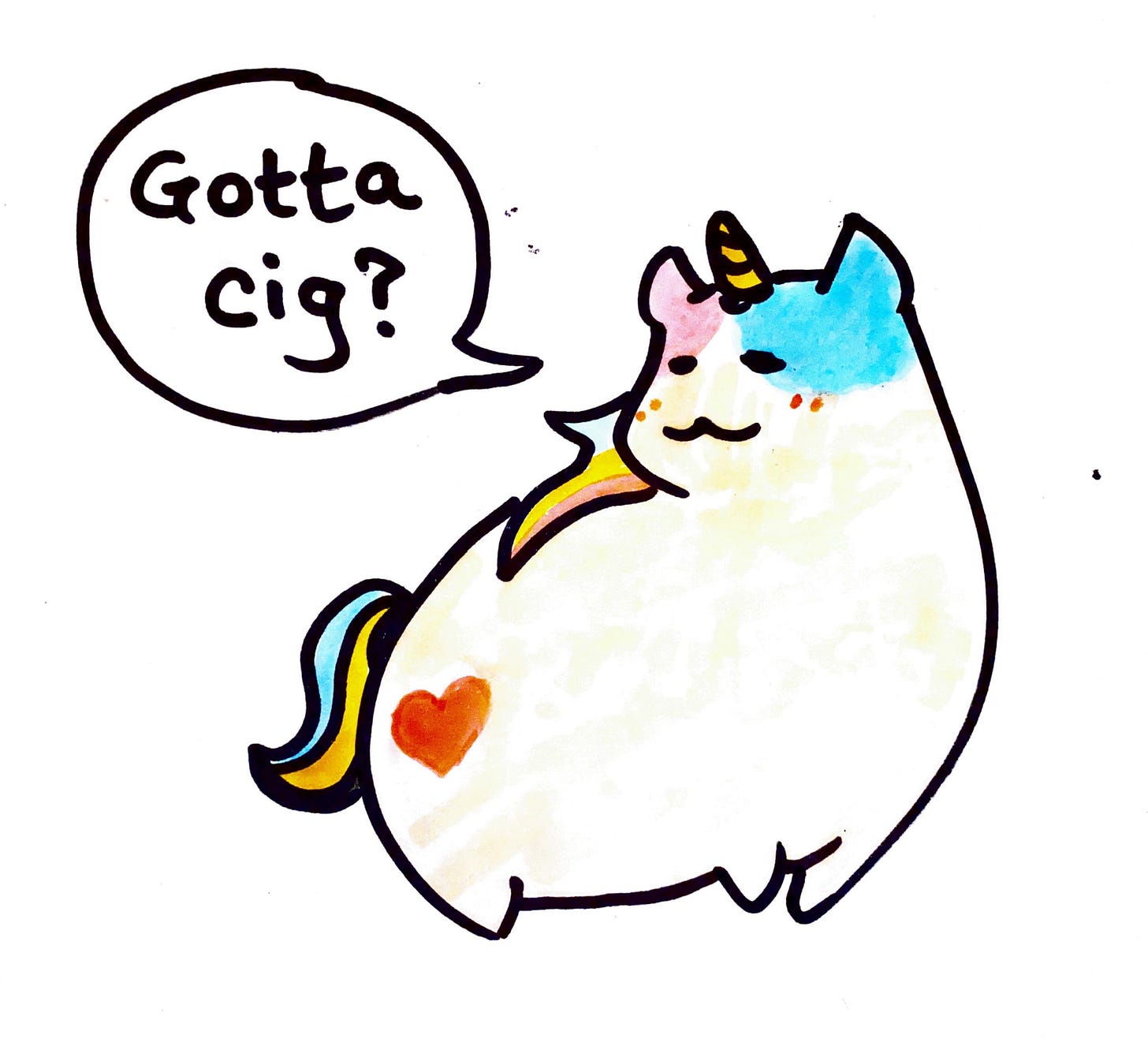
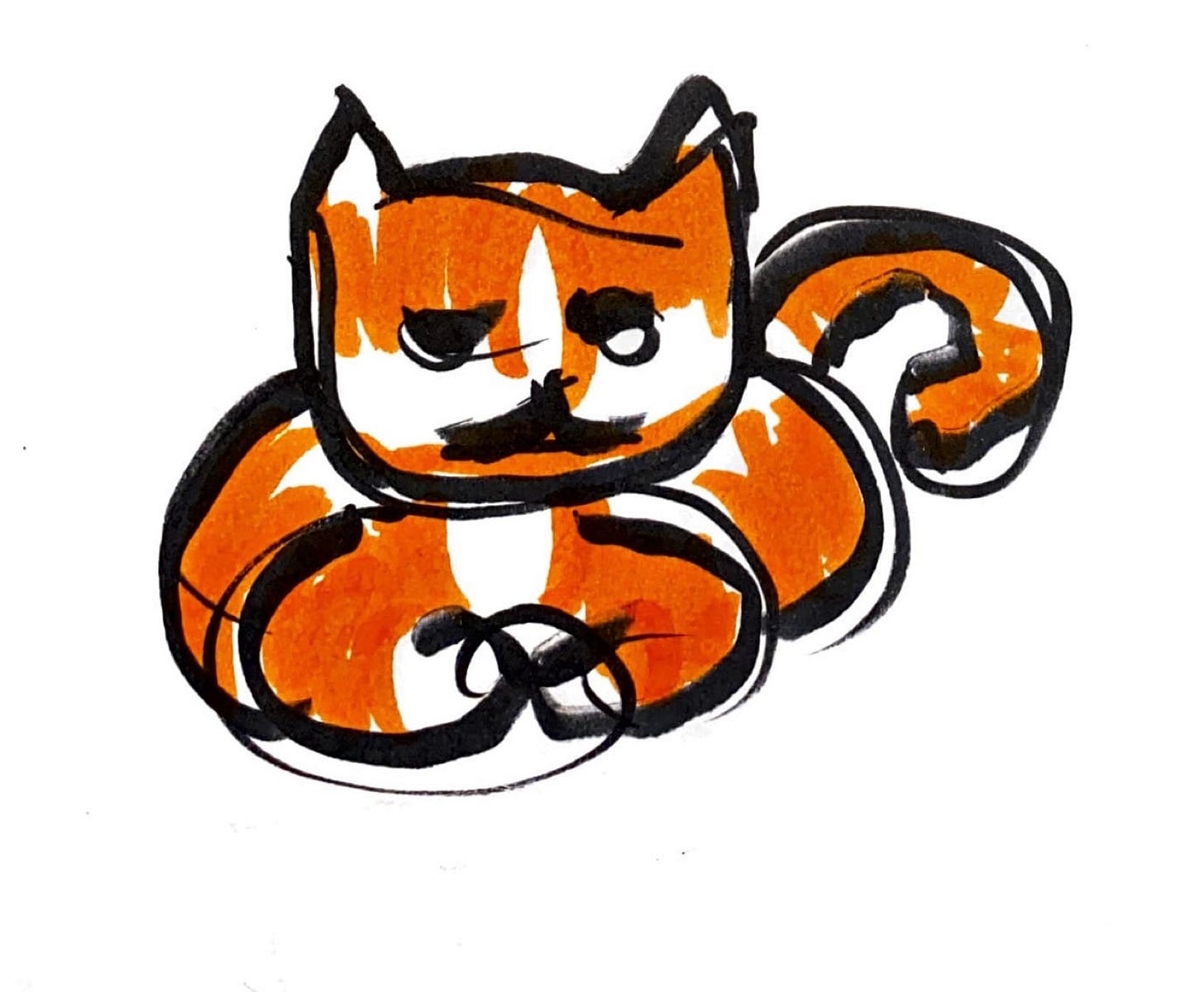

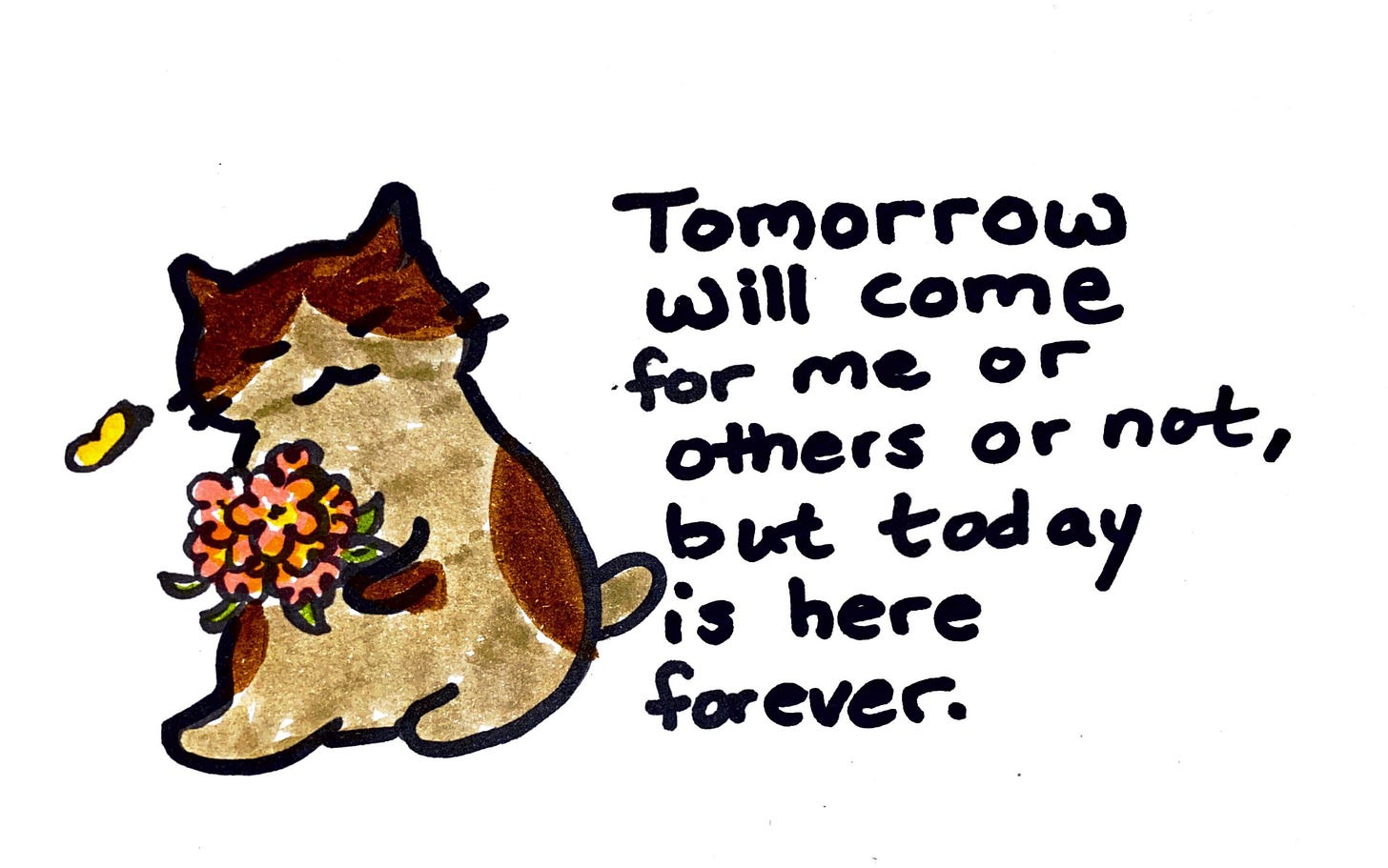
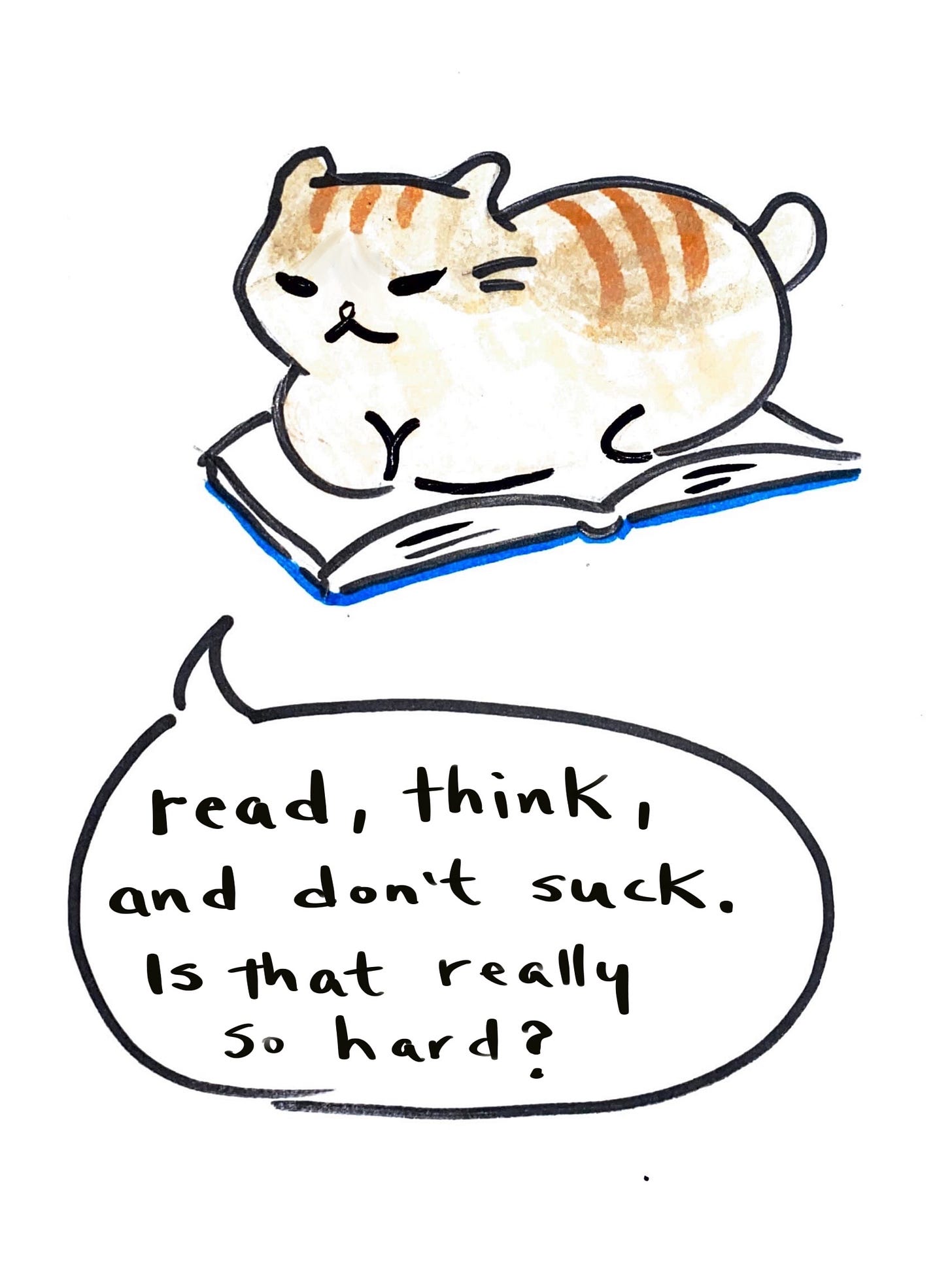
Holy cow, that was great! Sharing a bunch
Oh man, I loved the first half of this essay, especially this: “Years now into the global social media experiment, the advantage of the grievance-brag has been algorithmically amplified into a near-necessity, if you want what you post to get noticed.”
I’ve got a phrase I’ve been using to highlight a related trend: “performative vulnerability.” Displaying ones weaknesses and talking about how hard it is to share about these things when really it’s about getting the likes and sure-fire affirmation from others assuring them that they are brave.
Anyhow they’re both just fashions and soon there will be new trends to replace them, probably something worse, haha!